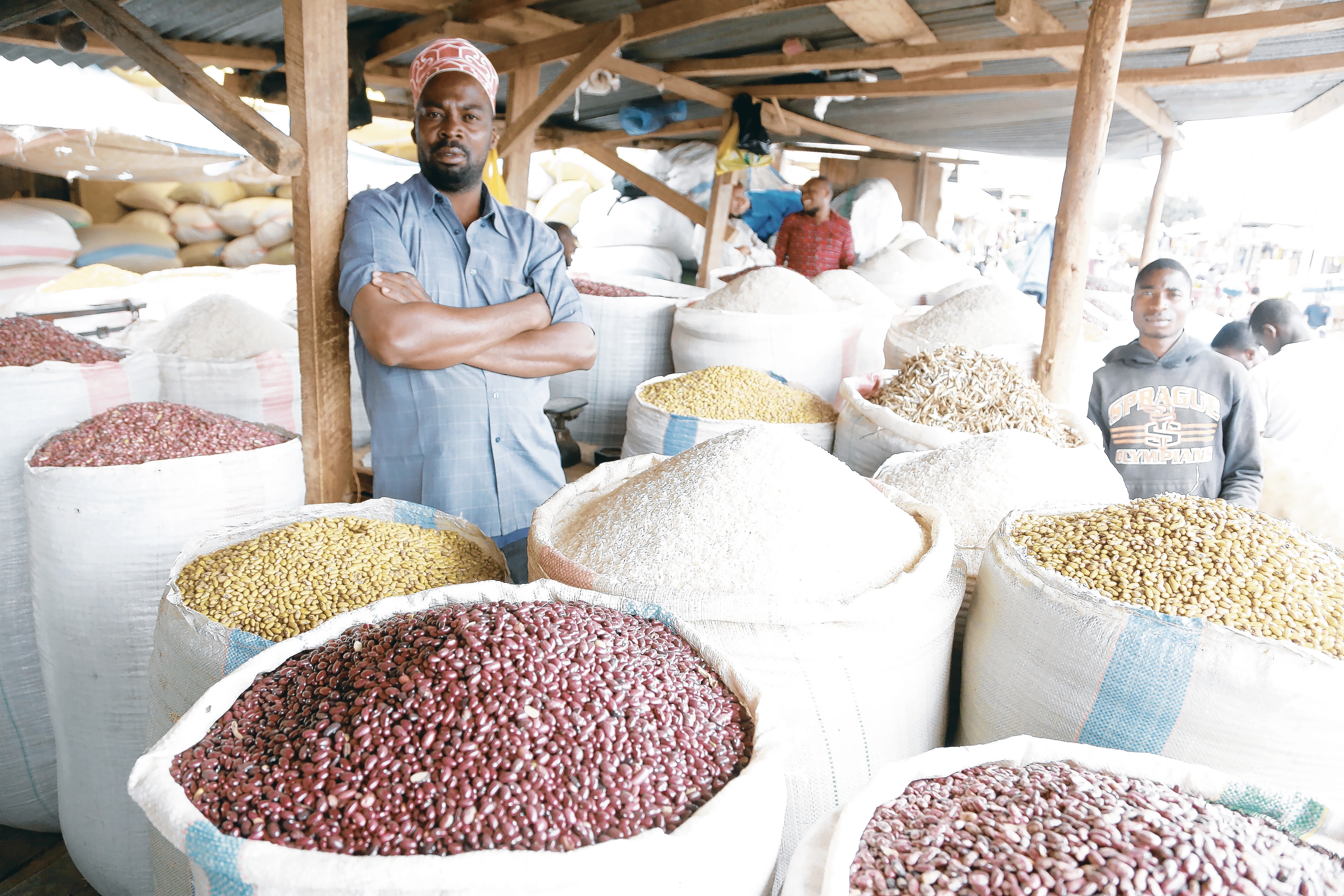Competition in fuel business intensifies

What you need to know:
- Competition in the petroleum products business has intensified, with five companies controlling 52.3 percent of the Tanzanian market
Dar es Salaam. Competition in the petroleum products business has intensified, with new data showing that five oil and marketing companies (OMCs) control 52.3 percent of the Tanzanian market.
According to statistics for year-2020 released by the Energy and Water Utilities Regulatory Authority (Ewura), Puma is leading - with 13.6 percent - followed by Total, with 12. 6 percent.
Oryx Energy and GBP are third and fourth, commanding 8.9 percent and 8.7 percent respectively.
The top five list is closed by Moil with an 8.5 percent market share.
Ewura acting director general Godfrey Chibulunje attributed the dominance of the market by the five industry players to the investments by the companies in the downstream supply chain, and distribution of petroleum products.
ALSO READ: Fuel rises 58pc in past year as demand soars
He explained that the investments were made in the ownership of storage terminals, retail networks and logistic companies, as well as company branding and/or loyalties.
The Ewura report has it that, in the period of review, the importation of liquid petroleum products decreased by 6.1 percent, dropping to 5.78 billion litres.
Mr Chibulunje said that the decrease was mainly attributed to the 15.3 percent drop in transit imports following lockdowns in neighboring countries after the coronavirus Covid-19 pandemic outbreak in early 2020.
The countries, he told The Citizen, include Zambia, D R Congo, Burundi, Rwanda and Uganda.
The report also says that local imports recorded the slight increase of 0.7 percent mainly due to a 10.5 percent increase in demand for petrol.
In the year 2020, the coronavirus pandemic led to many countries imposing lockdowns, resulting in a slow-down of many economic activities worldwide - and even stoppage of some activities.
This resulted in a fall in demand, thus leaving oil producers with excess crude oil and limited storage capacity.
The excess supply was also contributed to by a price war between Russia and Saudi Arabia.
The new coronavirus pandemic and price wars involving large oil producers caused crude oil prices to drop.
This resulted in a decrease in free-on-board (FoB) and local pump prices as well.
FoB prices of petrol, diesel and kerosene/Jet A-1 decreased by 28 percent, 29 percent and 34 percent respectively, compared to the average FoB prices recorded in the preceding years.





